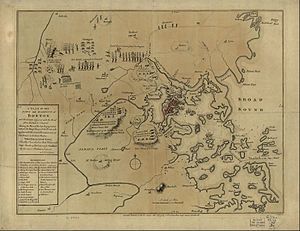Why would anyone believe ratings or projections by the S&P or Moody’s after their part in crashing the economy?
Rather than assess risk accurately, two major rating agencies sold their top seals of approval to their investment bank clients, blessing products that the agencies themselves knew to be undeserving, the Senate Permanent Subcommittee on Investigations concluded in a report released Wednesday. By repeatedly debasing their standards, these agencies helped banks sell shoddy securities to unsuspecting investors, inflating the value of assets that turned out to be worth far less, the report has found.
The senate panel, led by Carl Levin (D-Mich.) and Tom Coburn (R-Okla.), levels a two-part charge against the rating agencies: Not only did these companies help inflate a dangerous bubble, the report says, but they also bear responsibility for popping it, as their abrupt downgrades of mortgage-linked securities in 2007 helped set off the panic that caused markets around the world to collapse.
Wall St. wants more austerity and and their puppets in Congress will help them every step of the way. So why should anyone take this seriously? Susie Madrak at Crooks and Liars reminds that “the banks liked the recession”
You’d think, considering the part played by Standard and Poors, Moody’s and Fitch in
covering up these stinking piles of crapinadvertently rating mortgage derivatives as sound and crashing our economy, they would have the good grace to shut up and sit down.But since nothing happened to hold accountable any of these craven clowns, what possible incentive do they have to tell the truth? And what reason do we have to believe them? After all, they’ve already displayed their willingness to sell their ratings to the highest bidder.
Let me remind you that bankers actually like the recession. They like the falling wages and the weak job market. The only thing that really worries them is inflation, and only because it raises wages and depresses the value of their holdings. Don’t trust anything that comes out of their mouths, or the feckless minions who sell their souls to them.
No reason to believe them now.

 Paul Greenberg:
Paul Greenberg: 

Recent Comments